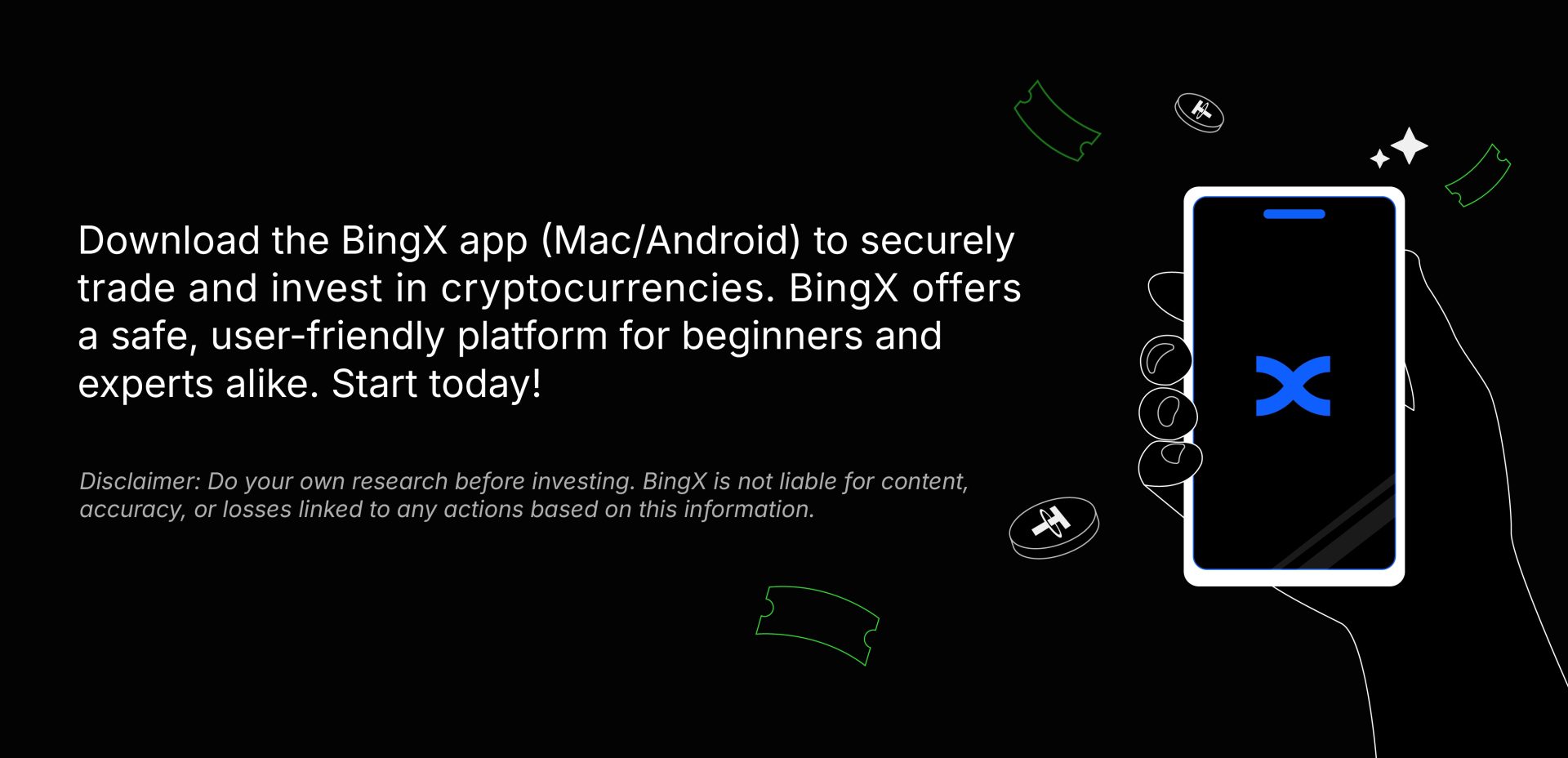Imagine a company where decisions are made by clicking buttons and voting with tokens instead of heated boardroom debates. Think of seasoned executives butas token holders with some of them have’t participated in anything since years ago. That’s the current reality of DAOs: bold, decentralized, and often alarmingly…chaotic. DAOs were meant to eliminate human error and central control is still an ideal that is somewhat detached from our current application of it. As recent governance controversies have unraveled followed by massive token price impacts, it’s becoming more clear that having the tech isn’t the same as having the tools or experience to manage it more responsibly.
In the thick of these developments, centralized exchanges are proving to be stabilizing force in the crypto ecosystem. While DAOs wrestle with inconsistent participation and unpredictable outcomes, centralized exchanges continues to offer secure trading, institutional-grade support, and the insights traders actually need. In a world where a single mis-vote can literally crash a project, It would be nice to just have a platform where things just work without a hick. Let’s dive in and explore this concerning Web3 trends and find out whether you’d ought to belong in a DAO yourself or simply save yourself the time.
Governance Gone Wild?
DAOs are hitting some awkward growing pains. The key decisions, similar to protocol upgrades, treasury allocations, or even leadership changes, are often passed with minimal voter turnout. If that was democracy, then it would be one very quiet room. Worse case are some DAOs having seen a concentrated form of power moves, where only a handful of whales can outvote the silent majority, leaving all the shrimps with smaller voting power a bit of buyer’s remorse. This kind of uncertainty is exactly what turns new investors away from Web3 projects. While decentralization has its appeal, it shouldn’t come at the cost of reliability and security. Sometimes, having humans in the loop is a good thing, especially when they know what they’re doing.
The Tools Trying to Save the Day
The DAO space isn’t ignoring issues. Keep in mind that developers are constantly trying to roll out governance upgrades. This can stem from modular voting systems all the way to smart contracts. Tools like these are designed to encourage broader participation whie reducing the risk of sudden exploitative decisions. Progress has been made the last few years, that much is clear.
Rewards systems are an interesting change lately as they are deployed to overcome voter apathy. They basically nudge token holders to engage more consistently by dangling reward tokens. Clever to say the least but it requires careful tuning to avoid those who want to game the system. These implementations are a constant remind that while the ideal democratic Web3 dream is very much alive, a gap still exists between vision and our current reality.
When You Let Code plan the Office Party
At its best, DAOs do promise freedom and fairness. At its worst though, it’s like watching a group project fall apart while everyone insists they’Re just letting the community make the decision. That kind of a paradox in itself: remove centralized control can create unpredictable outcomes that pretty much scare away exactly the kind of users the ecosystem hopes to attract. This is why trust centralized exchange platforms are still necessary. They can provide traders what DAOs haven’t quite figured out yet: confidence. Let’s face it: when it comes to your portfolio, you’d rather trust professionals than hope some random Steve from Discord shows up to vote this time.
